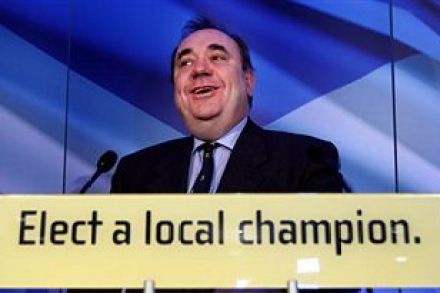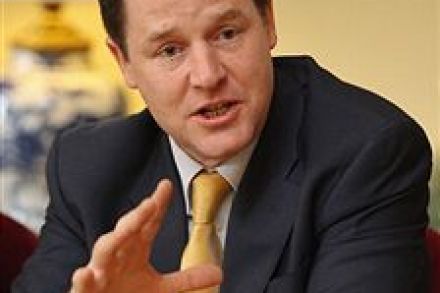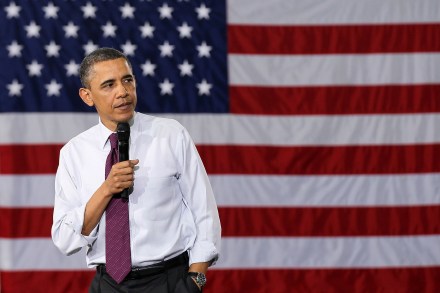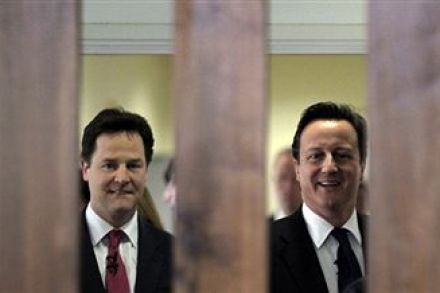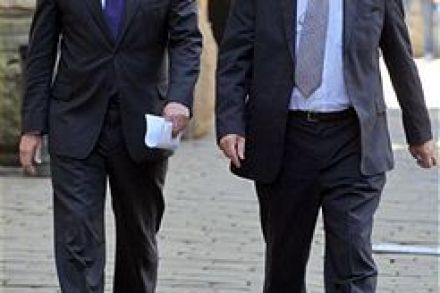Local hero fears complacency as Labour disintegrates
The SNP have this morning been put a whopping 13 points above Labour in the Scottish Parliament race: on 45 percent and 46 percent of the vote in two separate polls. Given that they went into this election campaign somewhere around 35 percent, this represents a huge leap giving them a near-impregnable lead in the Holyrood race. And that’s what’s worrying them in SNP headquarters. Salmond’s strategists, packed into a third-floor office suite behind the Scottish Parliament fear that – in the words of one senior Nationalist – “we have gone too early”. That Labour may now plausibly play the underdog card, and SNP votes may be inclined to stay
